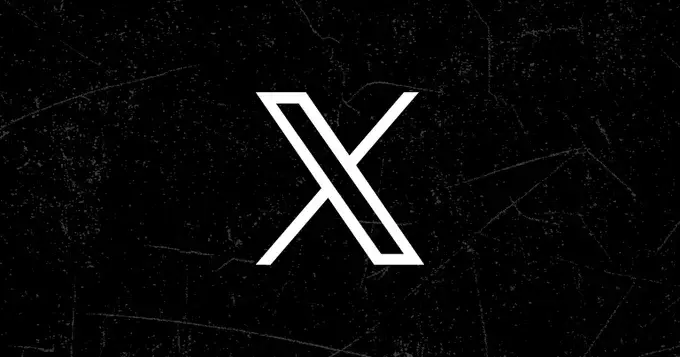In an era where social media platforms hold unprecedented power to shape public discourse, the handling of government removal requests reveals complex intersections between commerce and free expression. Elon Musk’s X, a platform at the center of these controversies, has shown an inconsistent approach when responding to requests from governments worldwide. Recent incidents in Turkey, particularly following the arrest of opposition figure Ekrem İmamoğlu, provide a stark illustration of this inconsistency. As the Turkish government reinforces its grip over dissenting voices, X has suspended numerous accounts that promote activism—actions that seem contradictory to Musk’s professed advocacy for a free-speech ethos.
Turkish authorities aim to suppress unrest, clearly positioning social media as a battleground for ideological control. The accounts affected were primarily tied to university activism, used for disseminating protest information crucial for organizing rallies and voicing dissent. This suppression of grassroots voices not only stifles freedom of expression but also raises important ethical questions regarding X’s complicity in undermining democracy. The discourse surrounding this situation often centers around the notion of censorship versus corporate survival; however, it is challenging to reconcile Musk’s pledge for free speech with such glaring compliance to authoritarian demands.
Historical Context and Precedents
X’s coercive cooperation with the Turkish government is not an isolated incident. In previous instances, Musk’s platform has restricted access to user posts at the behest of Turkish authorities, reflecting a pattern of selective censorship. Criticism has emerged from human rights advocates who view these actions as a capitulation to governmental pressures that contravene the very principles Musk claims to uphold. This inconsistency becomes even more pronounced when viewed in the light of X’s actions elsewhere.
In Brazil, for example, the platform faced a temporary ban for resisting a government order, a bold show of defiance that contrasted sharply with the passive compliance observed in Turkey. Musk’s voice was loud in condemning Brazilian officials for their alleged hostility toward free speech, illustrating a willingness to challenge censorship when it suits corporate interests. Yet, when the stakes involve business relationships and potential economic growth—namely, Musk’s burgeoning connections in Turkey—X seems unconcerned about its commitment to promoting free expression.
Business Interests or Ideological Conviction?
The puzzling variance in X’s compliance might indicate a broader strategy influenced by Musk’s business interests. For instance, his close relationship with Turkish President Erdogan, coupled with plans to establish a Tesla factory in Turkey, colors the decisions made at X. In a landscape dominated by economic alliances, Musk appears pragmatic, choosing to prioritize business ventures over a commitment to free speech. It raises the question: at what point does financial interest override ideological conviction?
The implications of Musk’s apparent favoritism extend beyond Turkey. The ongoing attempts to assert his company’s influence in India signal another layer of complexity. Here, Musk has challenged local censorship requests, positioning himself in direct conflict with a government that has a reputation for heavy-handed regulations against dissent. Yet, this assertive stance contrasts sharply with the passivity displayed toward Erdogan’s regime. It suggests a calculated risk-taking behavior in some regions, while opting for capitulation in others—all in the name of preserving vital business relations.
Implications for Democracy and Digital Platforms
The unequal treatment given to different nations in matters of speech suppression poses significant implications for the democratic landscape. The decisions made by powerful social media platforms like X can either bolster or erode public freedom. When compliance leads to the silencing of dissenting voices, it becomes difficult to discern where the line is drawn between legal obligations and ethical responsibilities.
In Turkey, the suspension of activist accounts serves to quell opposition and restrict meaningful public dialogue. This ongoing dynamic raises urgent questions—how will countries navigate their relationships with tech giants that hold such sway over the flow of information? The reliance on platforms like X for protest organization makes it crucial for the discourse surrounding these actions to shift from simply advocating free speech to demanding accountability from the platforms facilitating—or inhibiting—public expression.
By examining the paradoxical stances of X globally, we unearth a crucial narrative about the interplay between power, profit, and the fight for fundamental rights. The actions taken today will undoubtedly shape not just the future of social media, but the fate of democracy itself in various reaches of the globe.


Leave a Reply